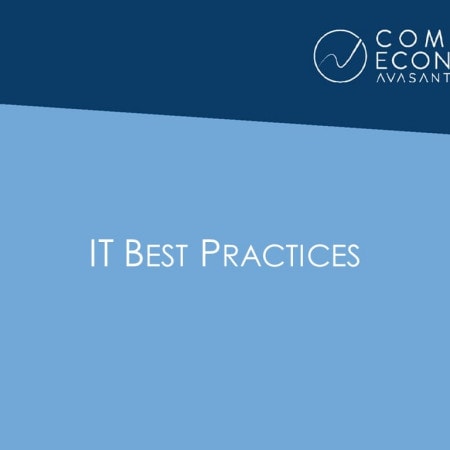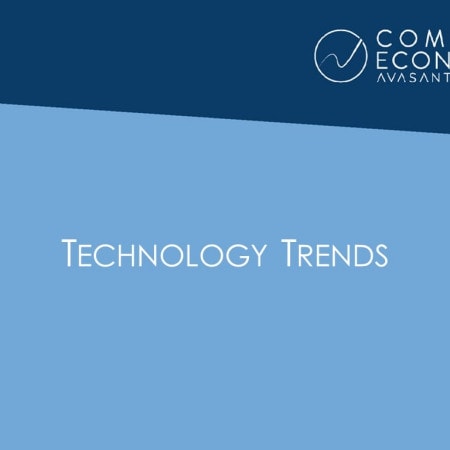-

Legacy System Renewal Adoption, ROI, and TCO
The decision whether to renew or replace legacy applications is an economic one that many IT managers are wrestling with as organizations seek to exploit Internet-enabled business processes and mobile applications. In this study, we assess current adoption and investment rates for legacy system renewal projects based on our annual survey of 200 IT organizations. Next, to determine risks associated with renewal projects we look at the return on investment (ROI) and total cost of ownership (TCO) experiences of organizations that have undertaken such projects. Finally, we examine trends by organization size and conclude with a summation of best practices. (12 pp., 7 figs.) [Research Byte]
May, 2011
-

Legacy System Renewal: Adoption Trends and Economic Experiences
The decision whether to renew or replace legacy applications is an economic one that many IT managers are wrestling with today. In this study, we first assess current adoption and investment rates for legacy system renewal projects, based on our annual survey of about 200 IT organizations. Next, to determine risks associated with legacy system modernization we look at the return on investment (ROI) and total cost of ownership (TCO) experiences of organizations that have undertaken such projects. Finally, we examine trends by organization size and conclude with a summation of our findings and key recommendations. (4 pp., 9 figs.)[Executive Summary]
December, 2008
-

Legacy Integration Case Study
Although organizations move to newer technology platforms for a variety or reasons, many are not willing to throw away the legacy code that has sustained their business. Instead, they search for ways to integrate their legacy applications with the newer technology, keeping costs, deployment time, and risk to a minimum by utilizing existing resources.
October, 2003

 Grid View
Grid View List View
List View